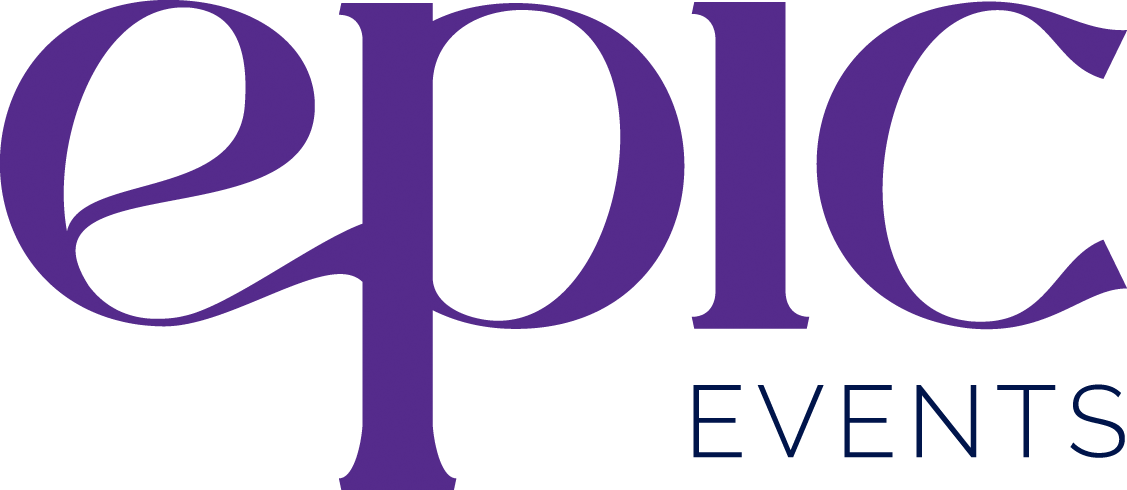
12 Budget-Friendly Hacks for Corporate Event Planning
Planning a corporate event can often feel overwhelming, especially when you’re trying to stick to a budget. But don’t worry! With a few clever strategies, you can pull off an amazing event without breaking the bank. Here are some budget-friendly hacks that will help you navigate the complexities of corporate event planning and deliver a memorable experience for your attendees.
1. Set Clear Objectives for Your Event
Before diving into the nitty-gritty of corporate event planning, it’s essential to establish clear objectives. Knowing what you want to achieve will guide all your decisions, from selecting the venue to planning the agenda. Your objectives should be specific, measurable, and aligned with your overall business goals. For instance, are you aiming to boost employee engagement, showcase new products, or strengthen client relationships? Having a concrete vision will help keep your budget in check while ensuring a successful event.
Additionally, share these objectives with your team and stakeholders early on. Engaging them in the planning process will foster a sense of ownership and ensure that everyone is on the same page. As you outline the goals, consider potential challenges and how to address them. Being proactive not only helps in sticking to the budget but also prepares you for any unforeseen circumstances that may arise during the event.
2. Utilize In-House Resources
One of the easiest ways to save money in corporate event planning is to tap into your in-house resources. Most businesses have talented individuals who can contribute their skills, whether it’s marketing, graphic design, or even culinary expertise. For example, if you have a skilled graphic designer on your team, consider having them create your promotional materials or event signage instead of outsourcing. This can significantly cut down costs while providing your team with a sense of contribution and pride.
Moreover, utilizing existing facilities can also be a budget-friendly solution. Rather than renting an expensive venue, look into using your company’s conference rooms or outdoor spaces. These options not only save money but also create a comfortable, familiar environment for your guests. For example, hosting a casual outdoor luncheon using your office grounds can foster a more relaxed atmosphere, encouraging better networking and engagement among attendees.
Don’t forget to leverage technology that your company already has access to. Tools like video conferencing software can help connect remote employees or clients easily, and project management tools can streamline planning. By maximizing your internal resources, you’ll not only reduce expenses but potentially increase employee morale and teamwork.
3. Choose an Affordable Venue
Selecting the right venue is a critical part of corporate event planning, and it doesn’t have to be prohibitively expensive. Begin your search for venues by looking for local spaces that may offer discounts for nonprofits or businesses hosting community engagement events. Often, these venues are just as impressive as more expensive options but come with a significantly lower price tag. Additionally, consider the time of year and day of the week when booking your venue. Off-peak times can lead to substantial savings, as many venues lower their prices during slower periods.
Another great option is to look for venues that allow you to bring in your own catering and decor; this flexibility can help you save money. When booking your venue, make sure to ask about any package deals they might offer that include catering, audiovisual equipment, and décor. Comparing these packages can help you determine the most cost-effective option while ensuring a fantastic experience for your attendees.
4. Embrace Creative Catering Options
Catering can quickly eat up your event budget, but it doesn’t have to. One idea is to consider alternative catering options that are both delicious and affordable. For instance, food trucks have become a trendy and cost-effective way to provide food at events. They often offer a variety of cuisines, and guests enjoy the casual, hands-on experience of ordering their own meals. Another idea is to opt for a potluck-style event where employees can contribute homemade dishes. This not only cuts costs but also fosters a sense of community and inclusiveness.
If you prefer traditional catering, consider simplifying your menu. Offering fewer choices, such as a buffet with hearty, sustainable options can significantly lower costs. Presenting seasonal dishes may also save money as these ingredients tend to be more affordable. Furthermore, one can often negotiate with vendors for better rates, especially if you can guarantee them a bulk order or repeat business in the future.
5. Leverage Technology for Planning
In today’s digital age, technology can be a game-changer for corporate event planning. From budgeting tools to online registration platforms, utilizing the right technology can streamline the planning process and save money. For instance, software that allows you to track expenses and manage your budget can help prevent overspending. Moreover, online platforms like Eventbrite or Meetup can facilitate easy registrations, ensuring that you get an accurate headcount without the need for costly paper tickets.
Virtual participation can also enhance your event and reduce costs. Consider incorporating live-streaming for those who cannot attend in person. This not only widens your audience but can also reduce venue size and associated costs. Plus, having digital content readily available online can boost post-event engagement and attendance for future events, creating a win-win situation for your corporate goals.
6. Engage with Local Vendors and Sponsors
Forging partnerships with local vendors and sponsors can be an excellent way to enhance your event while keeping costs in check. Local businesses are often eager to collaborate for mutual benefit, offering their products or services in exchange for advertising or exposure. For example, a local catering company may be willing to provide discounted rates in return for visibility at your event, which could save you money while building a network.
Additionally, reach out to local companies for co-sponsorship opportunities. By sharing costs, you can elevate the quality of your event without stretching your budget. It’s important to ensure that the partnership aligns with your brand and objectives, maintaining a cohesive and professional atmosphere. Moreover, these collaborations can bring valuable resources like promotional material, giveaways, or guest speakers who can draw in a larger audience.
7. Incorporate DIY Elements
Incorporating DIY elements into your corporate event not only saves money but adds a personal touch that attendees will appreciate. Consider creating your own centerpieces or decorations using materials that are easily accessible. Crafting items like customizable name tags, table settings, or handmade banners can transform a standard event into a unique experience that attendees will remember. Plus, involving your team in these DIY projects can build camaraderie and excitement leading up to the event.
You can also DIY engagement activities such as games or creative photo backdrops that encourage networking. By involving attendees, you break the ice and create a relaxed environment for collaboration and discussions. Collaborate with your team to brainstorm fun ideas that suit the theme of the event and resonate with your audience. The efforts will not only enhance the experience but might also spark innovative ideas and connections among your participants.
8. Plan an Off-Peak Event
Timing is crucial in corporate event planning. By choosing to host your event during off-peak seasons or on weekdays instead of weekends, you can take advantage of lower rates for venues, catering, and services. Many companies prioritize weekends for their events due to employee availability, which can result in overpriced options. Therefore, selecting a Tuesday or Wednesday can lead to considerable savings that can be channeled into enhancing the event itself.
Planning an off-peak event can also provide an atmosphere that fosters engagement. Fewer competing events will likely enhance your attendees’ experience and increase the likelihood that your event will be a priority in their schedules. It allows more time for networking and in-depth discussions, ultimately leading to a more beneficial experience for all involved.
9. Capitalize on Social Media Promotion
Social media has revolutionized the way we promote events, making it a powerful tool in corporate event planning. Utilizing platforms such as LinkedIn, Facebook, and Twitter can drastically reduce advertising costs while reaching a broader audience. Create engaging content that showcases what attendees can expect, using catchy graphics or behind-the-scenes glimpses to build enthusiasm. Encourage your team to share the event on their own networks to increase visibility.
Additionally, consider using paid promotions strategically to reach specific demographics related to your event. Platforms like Facebook provide targeted ad options that allow you to focus on individuals likely to be interested in your corporate initiatives, ensuring a more successful turnout. Remember to create a unique hashtag for your event to encourage attendees to share their experiences, providing real-time engagement and promoting an atmosphere of excitement online.
10. Choose Simple Yet Effective Decor
When it comes to decorating your event, simplicity often reigns supreme. Opting for simple yet effective decor not only keeps costs low but can also create an elegant atmosphere. Instead of lavish decorations, consider using elements such as greenery, fairy lights, or banners that align with your theme. Simple centerpieces—perhaps using seasonal flowers or minimalist vases—can go a long way in conveying the ambiance you wish to create.
Moreover, utilizing items that can be repurposed or are readily available within your office can further stretch your budget. For example, using items like company-branded materials or even personal touches from your team members can craft a more authentic and inviting environment. The goal should be to create an impressive backdrop for your event without overwhelming your attendees with excessive decoration.
11. Evaluate and Learn from Each Event
After your corporate event, it’s crucial to evaluate its success thoroughly. Take time to gather feedback from attendees, team members, and vendors to identify what worked well and what could be improved next time. Surveys or informal discussions can yield valuable insights about attendees’ experiences and suggestions for future events. Understanding your audience’s perspective will not only enrich your corporate event planning but also help you refine your strategies moving forward.
Additionally, keeping track of your expenses and outcomes will enable you to assess the financial aspects of your event. Analyzing which areas aligned with your budget and those that did not can prevent overspending in the future. By creating a document that captures these insights, you will build a valuable resource to refer to when planning your next event, ensuring that lessons learned contribute to continuous improvement.
12. Prioritize Attendee Experience
Ultimately, the success of any corporate event hinges on the experience of your attendees. While sticking to your budget is essential, never lose sight of what truly matters: creating memorable interactions. Assess what types of experiences your attendees value most, whether it’s networking opportunities, engaging speakers, or interactive sessions. Striking a balance between affordability and attendee satisfaction will ensure a successful event.
Incorporating elements that encourage attendee engagement, such as Q&A sessions, roundtable discussions, or icebreaker activities, can significantly enhance the overall experience. Moreover, attentive customer service and a warm atmosphere will foster meaningful connections, leaving participants with lasting impressions. When your attendees feel valued and engaged, they are more likely to derive benefits—and that’s the ultimate goal of corporate event planning.
**Click here to check out our next Blog “Event Marketing: Unlocking the potential of events”*
ABOUT EXPERIENCE EPIC EVENTS
Experience Epic is the premiere Corporate/Private Event Experience Artists. With a diverse team of Event Artists, we are able to execute with exception in the production of your wedding, birthday celebration, grand opening, municipal festival, destination event or conference. The niche is limitless for us!
Experience Epic is founded by Event Artist Sarah Martin. Her events have been seen on Food Network, Huffington Post, Washington Post, CNBC Power Lunch, and more! We are determined, disciplined and focused on building strong emotional connections and valuable relationships by sparking passion and fulfilling dreams through EPIC Events.
Contact us today for your complimentary Event Exploration! Schedule a meeting or call at www.Calendly.com/EpicSarah, Call 561-467-4760 or sarah@Experienceepic.com






Leave a comment